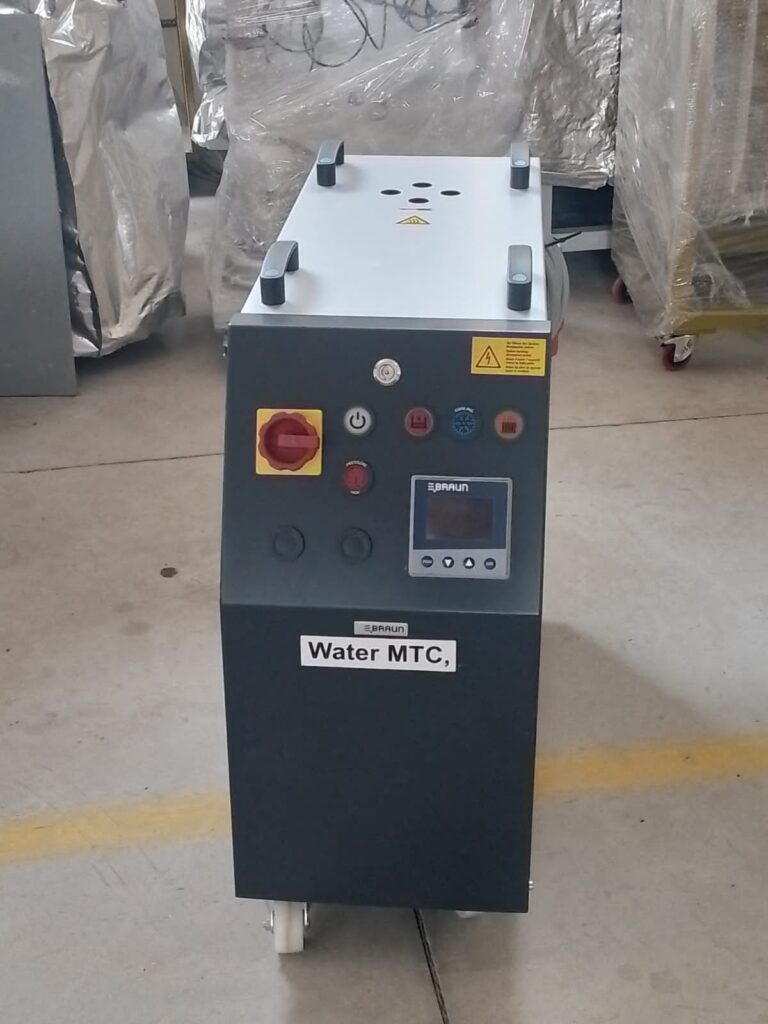Optimizing Injection Molding: The Power of Temperature Control Units
Injection molding is a precise and efficient manufacturing process used in various industries to produce plastic parts with complex shapes and intricate details. Achieving high-quality results in injection molding often hinges on maintaining the optimal temperature of the mold and the plastic material being injected. This is where temperature control units (TCUs) or temperature control modules play a pivotal role.
Understanding Temperature Control Units (TCUs)
Temperature control units for injection molding, often referred to as TCUs or temperature control modules, are specialized devices designed to regulate and maintain the temperature of both the mold and the process fluid (usually water) used in the injection molding process. These units ensure that the mold and material remain within the specified temperature range, contributing significantly to the quality and consistency of the final product.

The Crucial Role of Temperature Control in Injection Molding
Why is temperature control so critical in injection molding? Here’s a breakdown of its importance:
1. Consistency: Precise temperature control ensures that each molded part is consistent in terms of shape, size, and quality. Temperature fluctuations can lead to defects and inconsistencies.
2. Material Behavior: Different plastics have unique temperature requirements. TCUs allow operators to tailor the temperature settings to the specific material being used, optimizing the molding process.
3. Cooling Rate: Proper temperature control determines the cooling rate of the molded part. Slow or uneven cooling can result in warping or defects.
4. Cycle Time: Efficient temperature control can reduce cycle times, increasing overall production efficiency.
5. Energy Efficiency: TCUs help manage energy consumption by only heating or cooling as needed, reducing operational costs.
Products – Temperature Control Units (TCU)
A wide range of temperature control units (TCUs) are available, offering various features and capabilities to meet the specific needs of injection molding processes. These units come equipped with advanced temperature controllers that allow for precise adjustments and monitoring.
Temperature Control Units (TCU) – Water vs. Oil
TCUs are available in both water-cooled and oil-cooled variants, with each having its advantages. Water-cooled TCUs are energy-efficient and environmentally friendly, while oil-cooled TCUs can handle higher temperatures and provide more consistent heating. The choice between them depends on the application and temperature requirements.
Temperature Control System Integration
Modern injection molding facilities often integrate temperature control units into a broader control system. This allows for seamless automation, remote monitoring, and real-time adjustments, further enhancing efficiency and productivity.
Conclusion
Temperature control units for injection molding are indispensable tools for achieving consistent, high-quality results while optimizing production processes. Investing in the right temperature control system, whether it’s a temperature control module or a full-fledged TCU, can lead to significant improvements in product quality, production efficiency, and cost savings. When precision and reliability are paramount, temperature control units are your key to success in the world of injection molding.


